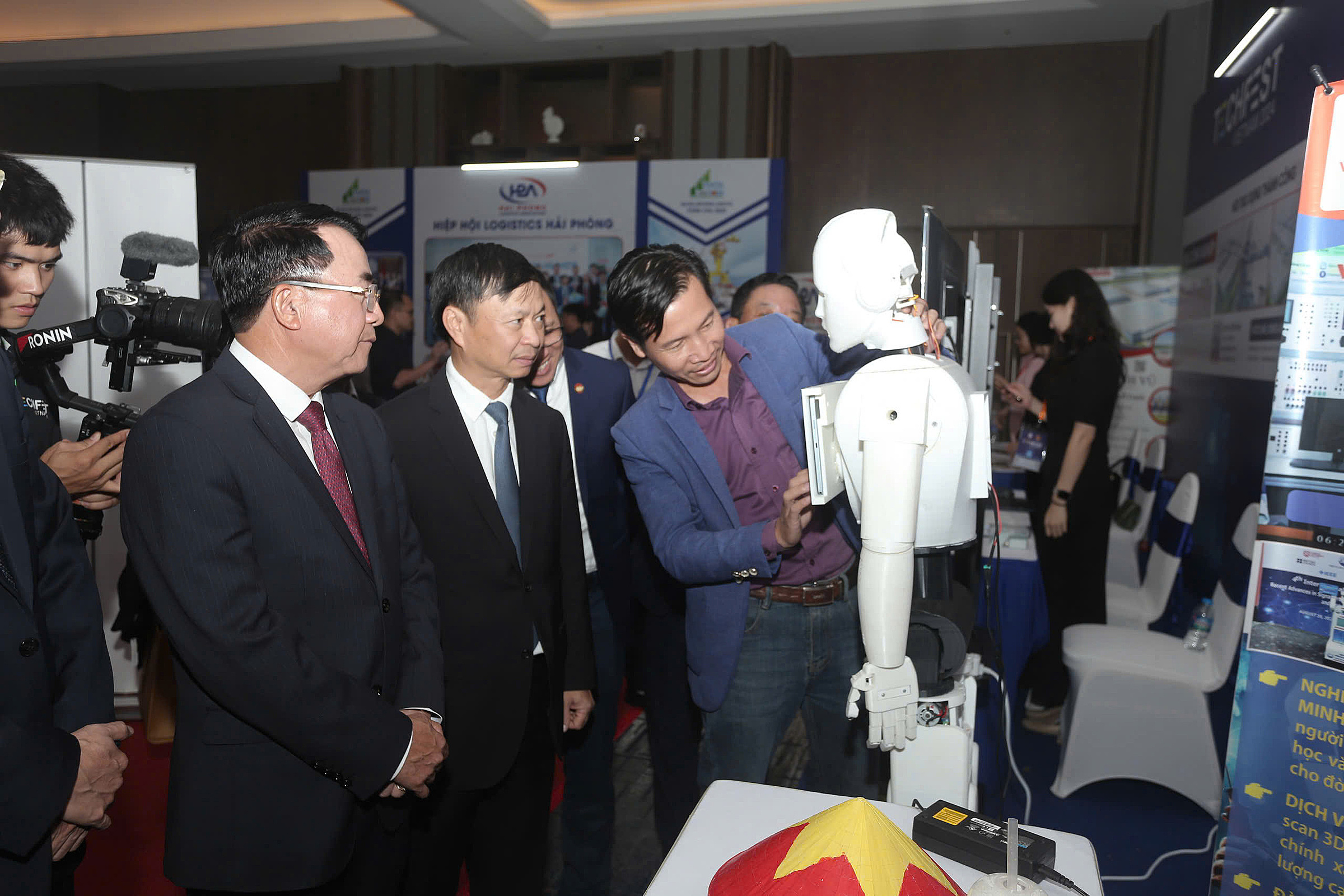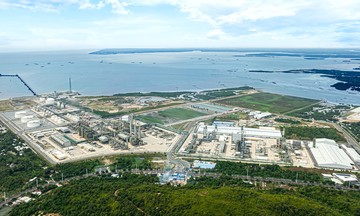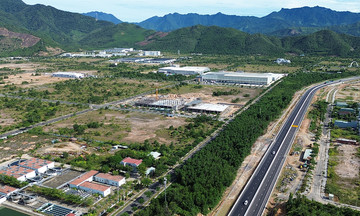On 21/7, the government issued Decree 210, amending and supplementing several articles of Decree 38/2018/ND-CP regarding investment in small and medium-sized innovative startups. The new decree aims to address obstacles that have existed for 7 years and create a more transparent legal framework for capital mobilization and startup investment fund management.
The decree expands the eligible investor pool for innovative startup investment funds from 2 to a maximum of 30 contributing members. This opens opportunities not only for organizations and businesses but also for individuals, experts, and scientists to participate, diversifying funding sources for the startup ecosystem.
 |
Small and medium-sized innovative startups have opportunities to expand with the new policy. Photo: Xuan Hoa |
Small and medium-sized innovative startups have opportunities to expand with the new policy. Photo: Xuan Hoa
Funds can now receive contributions in the form of money, assets, technology, intellectual property rights, and other legal assets. This new regulation is considered practical, as many founders possess valuable core technologies or intellectual property but struggle to access cash capital.
The decree allows funds to deposit unused capital to ensure liquidity. It also requires funds to maintain separate accounting for assets, contributions, profits, and expenses for transparency, investor protection, and enhanced credibility.
In cases of fund dissolution, procedures can be carried out electronically instead of submitting paper documents, saving time and costs.
The adjustments in Decree 210 are expected to help innovative startups access diverse resources, attract more private investors, and boost the innovation ecosystem's development from 2025 to 2030. Businesses should quickly seize these opportunities and leverage the new policy to accelerate growth, especially in the increasingly competitive global landscape.
Hai My












